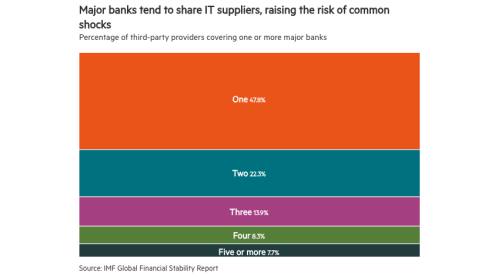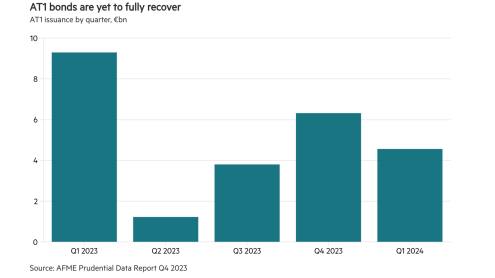With funding from Western banks declining in the south-eastern Europe, a retrenchment of Greek lenders could further curtail local lending. According to the Vienna Initiative committee report released in June, the decline in Western banks’ funding towards central, eastern, and south-eastern Europe accelerated in the fourth quarter of 2014, while the domestic credit growth in these regions remained lacklustre. The trend may be reversing, the report says, but any such recovery would be affected by further withdrawal of foreign lenders.
Greek banks are a prominent presence in the Balkan region. In a June report, rating agency Standard & Poor’s (S&P) estimated that the market share of Greek subsidiaries in Bulgaria, Macedonia, Albania, Romania and Serbia ranges from about 15% of total financial assets in Romania and Serbia to more than 20% in Bulgaria and Macedonia.











